When it comes to remote control (RC) models—whether you're into RC cars, planes, drones, or boats—one of the most important components of your setup is the battery. The right battery ensures that your RC vehicle has enough power for performance, longevity, and reliability during your runs or flights. However, choosing the right battery isn’t just about size or voltage; one of the key factors to consider is the C rating.
What is the C Rating?
The C rating of an RC battery indicates its maximum discharge rate, or in simpler terms, how much current the battery can safely provide to the motor at any given moment. This rating helps you determine the battery's performance capabilities under heavy load, especially during high-speed runs, rapid acceleration, or steep climbs. The C rating is a multiplier that, when applied to the battery’s capacity, tells you the maximum amount of current the battery can handle without overheating or damaging itself.
Let’s break it down:
- C Rating = Maximum Discharge Rate (Amps)
- C Rating × Capacity (in Ah) = Maximum Current (in Amps)
For example, if you have a 5000mAh (5Ah) battery with a 30C rating, the battery can provide up to:
This means your battery can deliver a peak of 150 amps of current to your RC motor without risk of damage.
Why Do Some People Want 1C, 5C, 10C, 20C, 30C, or Even 80C?
You might wonder why there’s such a range of C ratings, from 1C to 80C and beyond. The answer comes down to the type of RC activity you’re engaging in, as well as the power requirements of your specific setup.
-
1C – A 1C rated battery is often suitable for low-power or low-speed RC vehicles, where the current draw isn’t very high. These are typically found in small drones or slow cars.
-
5C – A 5C battery may be ideal for more moderate power demands, often used in mid-range hobbyist drones or RC vehicles where a balance of speed and battery life is needed without frequent heavy acceleration.
-
10C and 20C – As RC vehicles and drones become faster and more aggressive, the demand for more power increases. A 10C or 20C battery can provide enough current to support high-performance models, including RC cars, trucks, and more powerful drones, where the motor might require a quick burst of power for takeoff, high-speed cornering, or fast acceleration.
-
30C and Above – High-performance, professional-grade RC vehicles and race-level drones require a lot of power, especially during extreme maneuvers. A 30C or higher-rated battery ensures that the motor and other components get the current they need without putting too much strain on the battery.
-
80C and Beyond – Batteries with ratings of 50C to 80C are designed for extreme performance and are usually found in racing drones or other high-performance RC vehicles where precision and peak power are crucial. These batteries are capable of handling extremely high currents for brief periods of time, delivering maximum bursts of power.
Why is a 30C Battery a Great Choice?
Now that you understand what the C rating means, you may be wondering why 30C is often considered a sweet spot for RC enthusiasts. Here's why:
-
High Power for Demanding RC Models A 30C battery can deliver significant power to your RC model. Whether you’re racing an RC car, flying a high-performance drone, or piloting an RC boat, a 30C-rated battery ensures that your vehicle can perform at its best, even during moments of high acceleration or demanding maneuvers.
-
Versatile Balance Between Power and Efficiency A 30C battery is powerful enough for most medium to high-performance RC applications but is also more balanced than something like an 80C. If you're not using your RC model in extreme race conditions where every fraction of a second counts, a 30C battery offers excellent power without being overkill. It provides a good blend of power, performance, and manageable weight.
-
Better Battery Longevity Higher C-rated batteries, like 50C or 80C, can handle larger current loads, but they also tend to generate more heat, which can cause wear and tear on the battery over time. A 30C battery is typically a good middle ground that offers enough discharge rate to power your vehicle effectively while also being less stressful on the battery’s overall health, potentially leading to longer battery life.
-
Wider Range of Compatibility Because 30C batteries provide a good amount of power, they're a common choice for a wide range of RC models. Whether you're a beginner, a hobbyist, or a competitive enthusiast, there’s a good chance your vehicle will benefit from a 30C-rated battery, making it a highly versatile and accessible option.
-
Reasonably Priced Batteries with lower C ratings (like 10C or 20C) are typically cheaper, but they may not provide the power you need for high-performance RC activities. On the other hand, ultra-high C batteries (like 50C or 80C) can be expensive and may not be necessary unless you’re in a very competitive environment. The 30C battery strikes a good balance between performance and cost, making it a great option for those who want reliable power without overpaying.
-
Improved Handling and Control Having enough power to fuel quick bursts of speed or heavy lifting ensures your RC vehicle performs predictably. If your battery can't deliver enough current (because it has too low of a C rating), your motor may hesitate or even stall during high-demand situations. A 30C battery reduces the risk of these issues and helps your RC model handle more smoothly, especially in dynamic conditions.
Is 30C Enough for Your RC Needs?
While a 30C battery is a great all-around choice, it's not always the right one for every RC application. If you’re racing in professional-level competitions or flying a high-end drone that demands maximum power for every turn and flip, you might need something with a higher C rating. Similarly, if you're flying or driving a very light, slow vehicle, a 10C or 20C battery could suffice.
In most cases, though, a 30C battery offers more than enough power for everyday RC enthusiasts. It provides a great balance between power, efficiency, longevity, and cost, making it an excellent all-around option for those who want their RC vehicles to perform reliably under a variety of conditions.
Conclusion
Choosing the right battery for your RC model is essential to ensuring that it performs well and lasts long. The C rating is a key factor in determining how much power your battery can deliver, and a 30C battery is a fantastic choice for those who need reliable, high-performance power without going to the extreme. Whether you’re racing, flying, or just having fun with your RC setup, a 30C battery can offer the power and efficiency you need to keep your RC experience thrilling and hassle-free.
If you're looking for an all-around battery that offers good performance for most setups, 30C is definitely worth considering. Happy RC’ing!


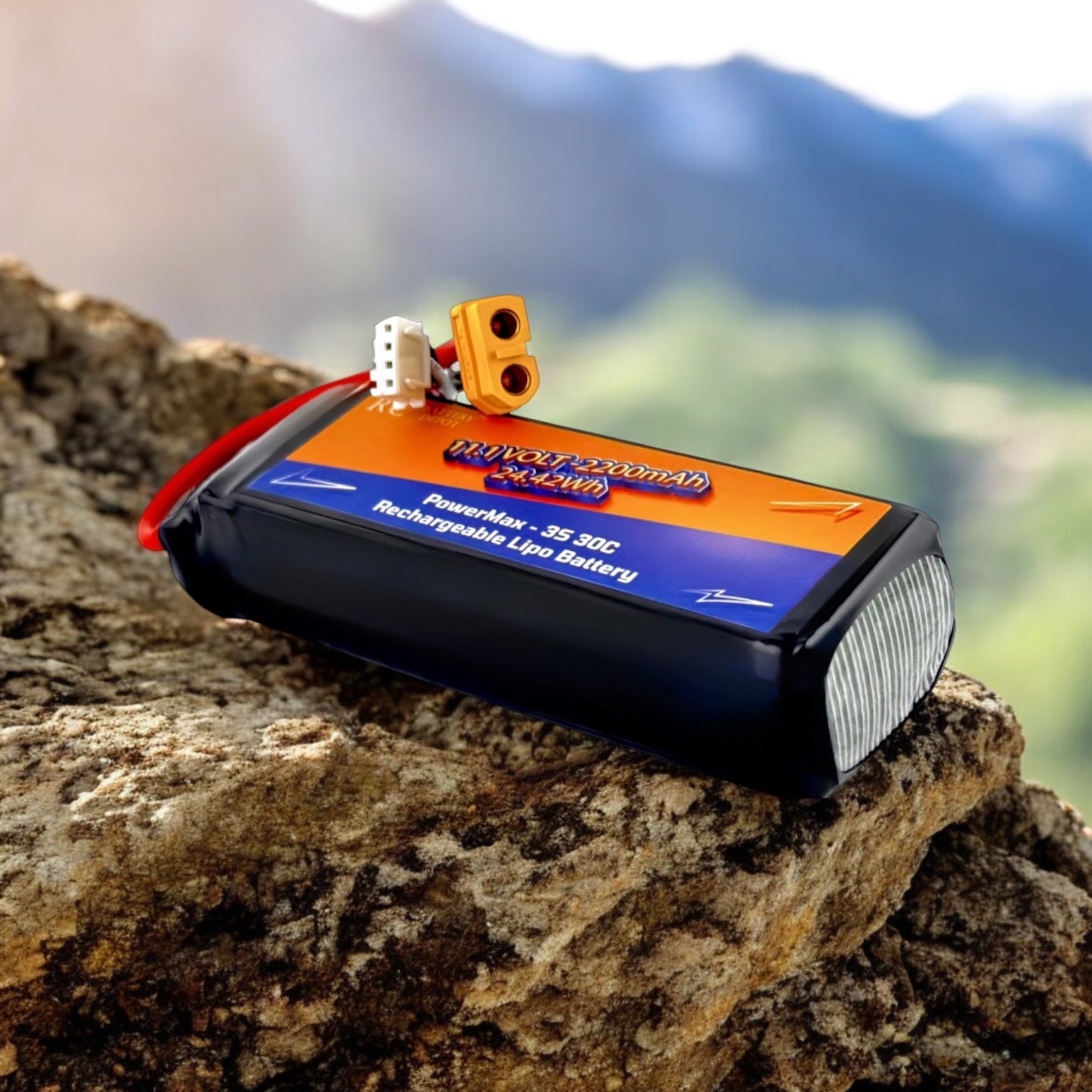
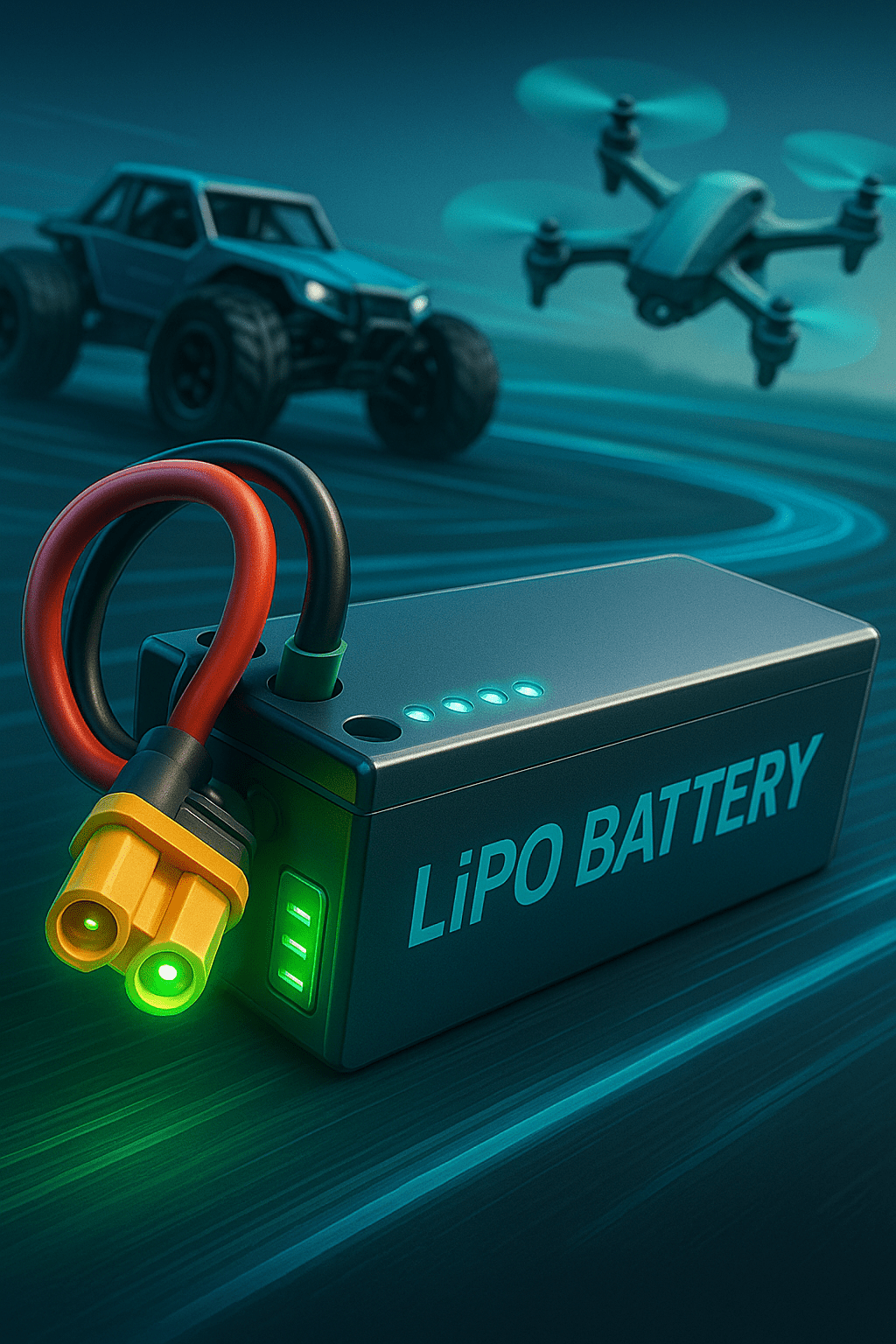
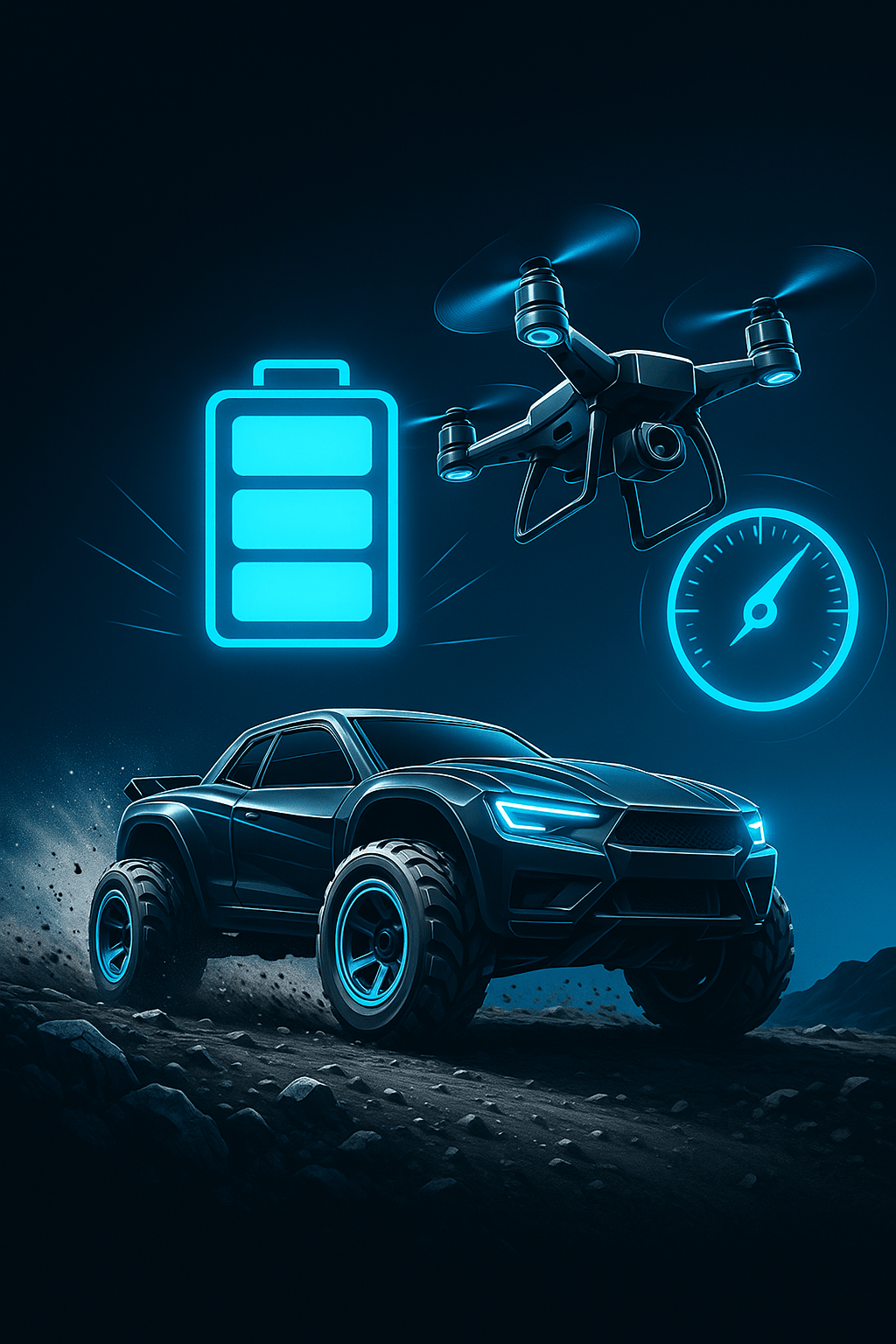
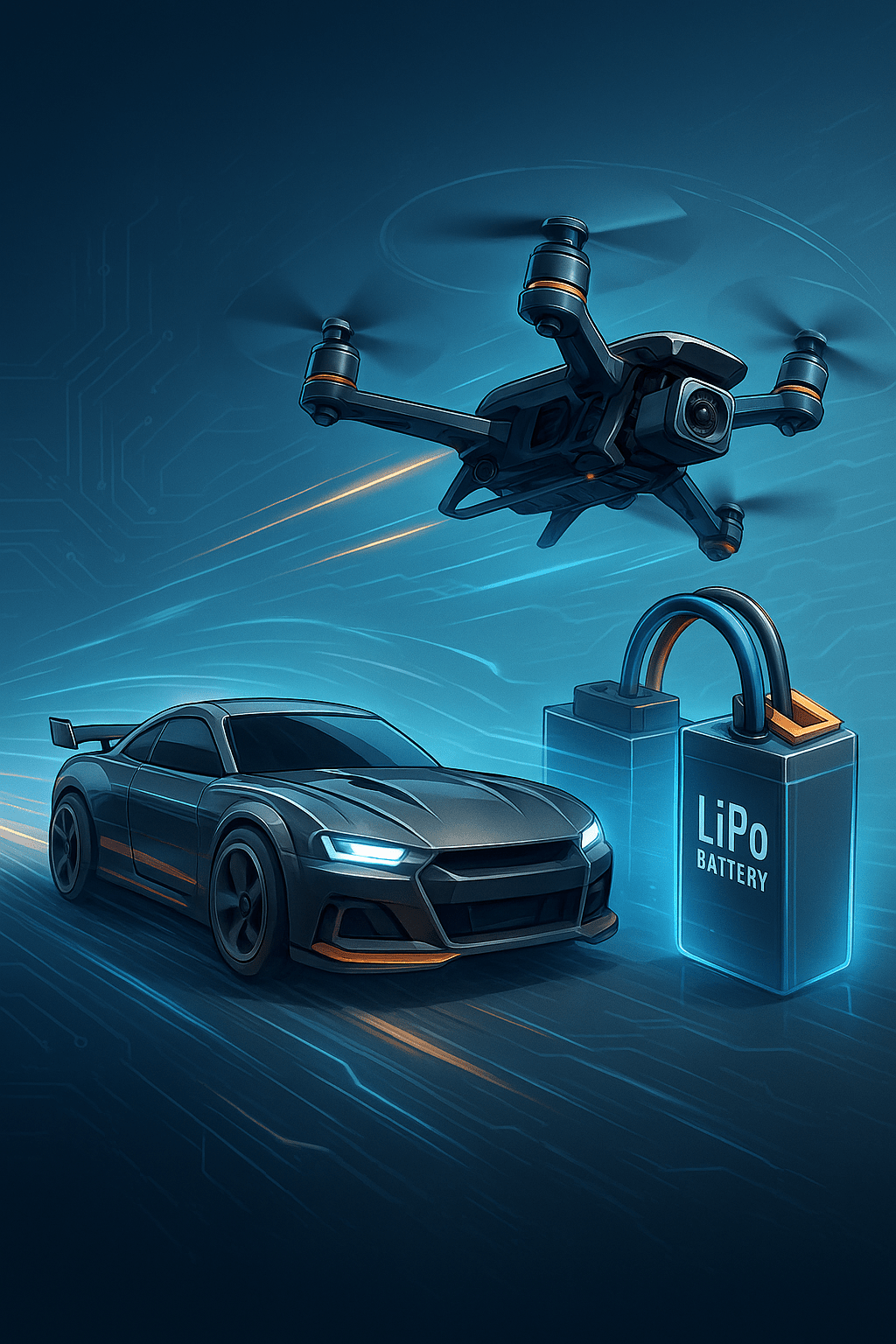
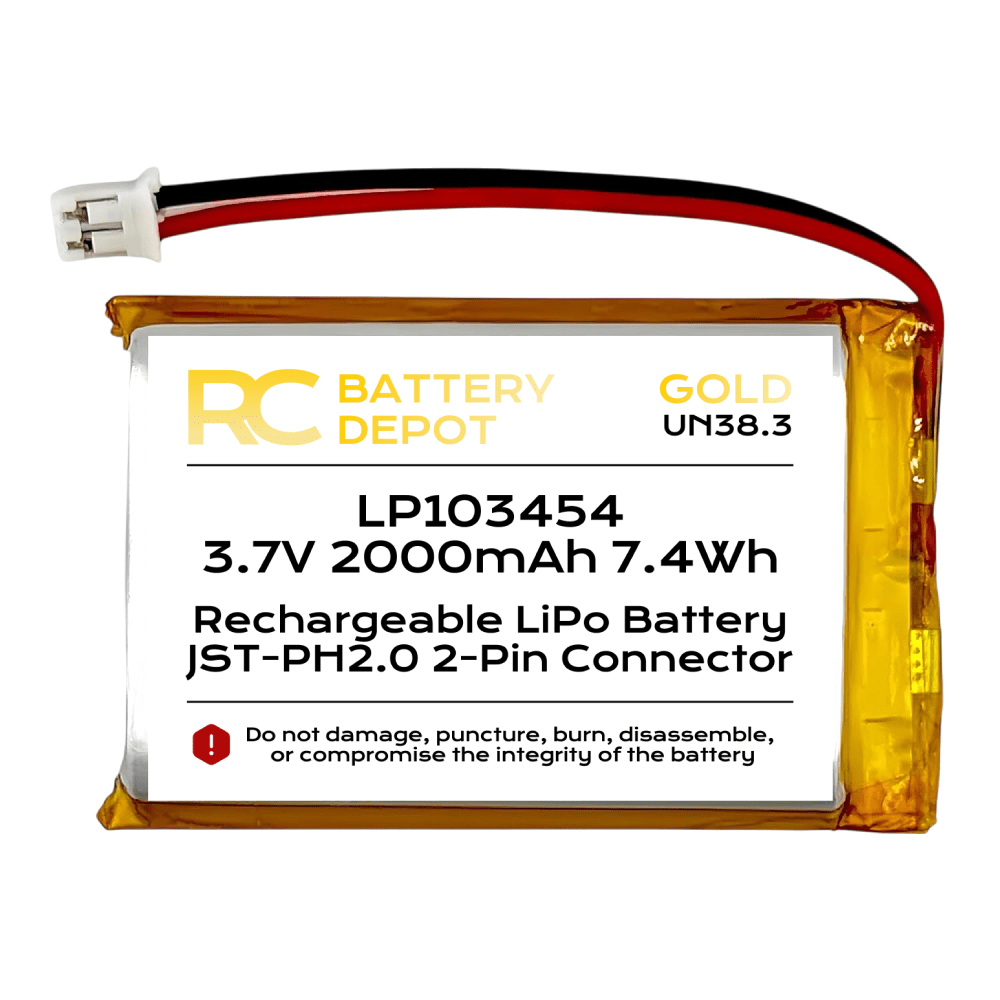
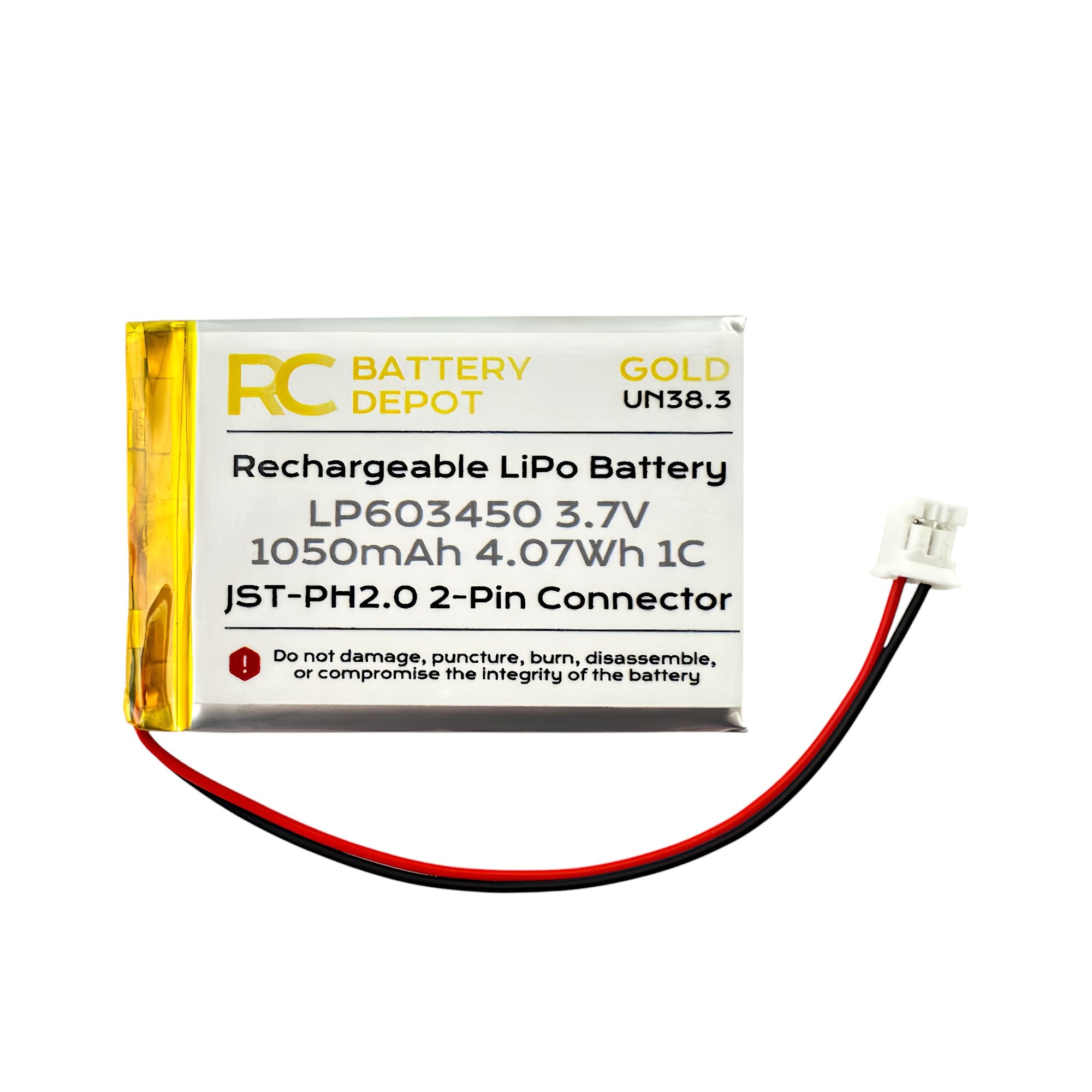
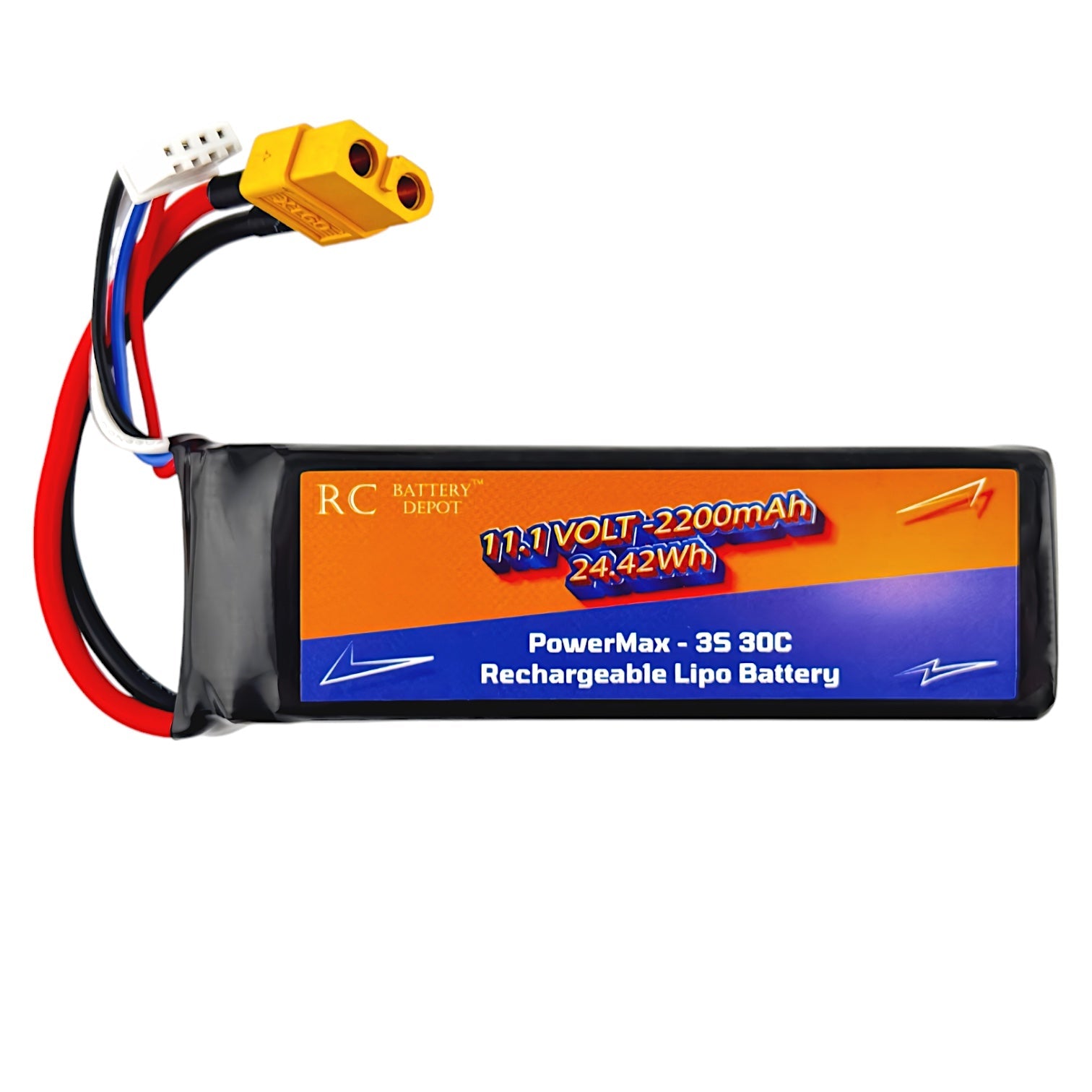
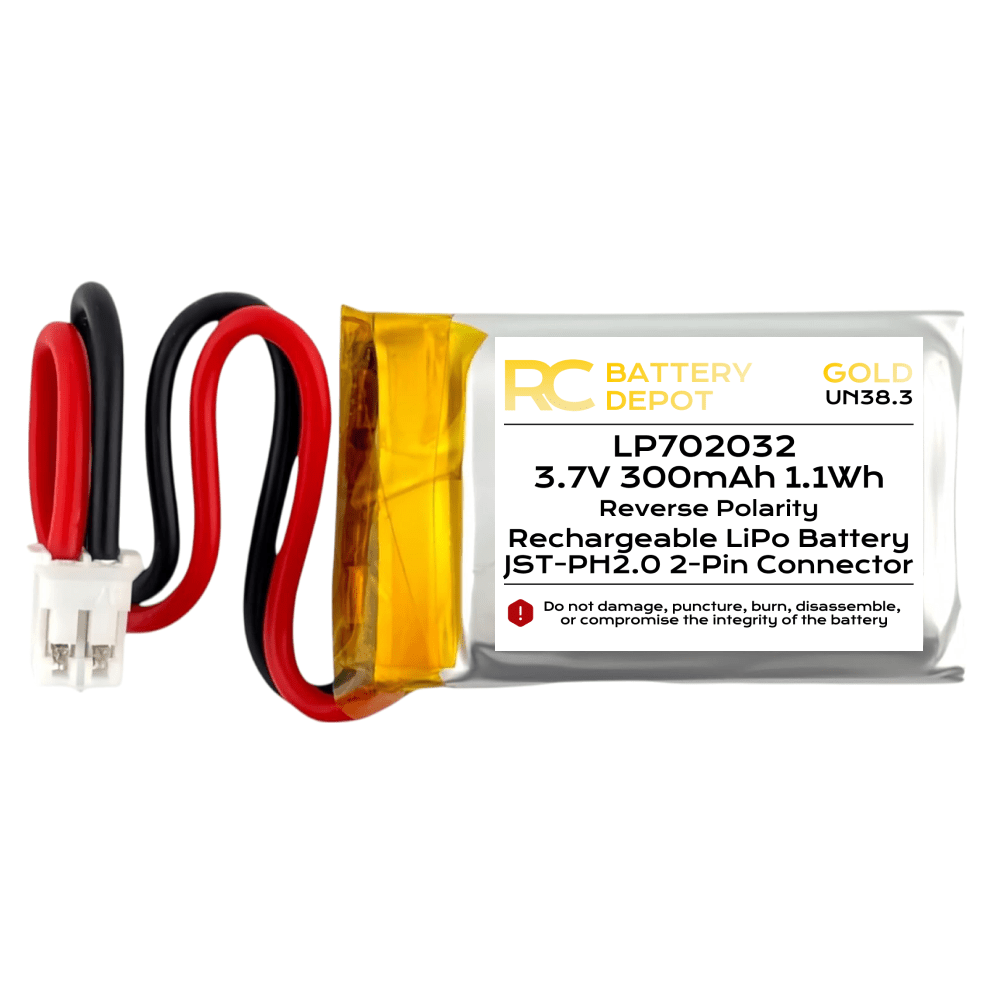
Share:
Understanding JST/XH Connectors for RC Battery Charging
The XT60 Connector: A Must-Have for RC Hobbyists Using LiPo Batteries